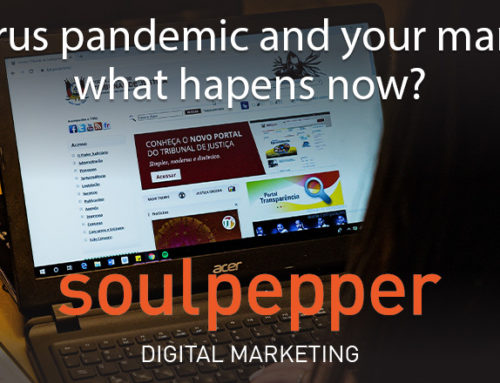Give a man a fish and you feed him for a day. Teach him to fish and you feed him for a lifetime. Revolutionize the fishing industry and he can enrich his community of stakeholders for generations. That’s social impact. That’s the power entrepreneurs have when we choose to solve problems through generosity rather than charity.
I love TOM’s Shoes. Their heart is in the right place and they are rightly recognized for doing a lot of good in the world such as raising awareness of international health issues and contributing to the elimination of foot borne diseases in developing countries. However the downside to their well-intentioned charitable act of giving is that they’ve actually decimated entire industries in the countries they are trying to help.
How come? If you’re giving away millions of pairs of free shoes to Africa, what happens to all the manufacturing plants in Africa? Well, they’re bankrupt. What about all the local retail stores that sell shoes? Why buy when you can get it for free?
Contrast that with a different approach taken by Madeleine Shaw and Suzanne Siemens at Lunapads. This innovative Canadian B Corp company now has over 70 employees in Africa manufacturing bio-degradable menstrual pads. They are making a difference in the world by contributing to the economies of companies. I’m not saying what TOM’s is doing is bad, but the “one-for-one” approach is shortsighted. It’s great for awareness but it doesn’t contribute to sustainable economic and environmental practices.
Charity Only Assuages Guilt – It Doesn’t Build Capacity
The days of companies donating 2% of profits to charity, is over. As entrepreneurs, we need to contemplate social impact – not charity, as being the change we want to see in the world.
So what’s the difference? Charity is “I win and I give some away. I create abundance for myself and then I’m generous.” Social impact is a whole new way of thinking. “What if I went to Africa and actually contributed to the manufacturing facilities by enhancing their ability to be first world standard factories? Allowing them to develop an economy around my product, and then help them expand their customer base to increase their economies of scale so they can have distributers all over the world.”
Creating Shared Value
In 2011 Michael Porter and Mark Kramer published an article in the Harvard Business Review comparing the benefits of Fair Trade with increasing Shared Value. Fair Trade is a concept that distributes wealth to poorer farmers by paying them first world wages. This increases farmer’s wealth by about 10%. Shared value is something else entirely. Instead of concentrating strictly on wages, what if you increased yield efficiencies, introduced crop rotation strategies and better farm management practices? Early reports indicate this increases farmer’s wealth by 300%. And it’s not just socially conscious companies that have embraced the idea. Corporations known for their hard-nosed approach to business have begun to take notice.
What’s Good For The World Is Good For Business
Nestlé, for example, redesigned its coffee procurement processes, working intensively with small farmers in impoverished areas who were trapped in a cycle of low productivity, poor quality, and environmental degradation. Nestlé provided advice on farming practices; helped growers secure plant stock, fertilizers, and pesticides; and began directly paying them a premium for better beans. Higher yields and quality increased the growers’ incomes, the environmental impact of farms shrank, and Nestlé’s reliable supply of good coffee grew significantly. Shared value was created.
Did Nestlé do this out of the goodness of their heart? I doubt it. But they were smart enough to recognize that what’s good for the world, is actually good for business. By creating shared value in their supply chain, they actually created a more profitable business model for themselves. A truly win-win relationship.
So here is my soulpepper challenge to you. How could your company revolutionize your particular industry? Because you could be the one that changes everything.
Rik Klingle-Watt is a soulpepper and the writer of Not Business as Usual, an award-winning documentary about disrupting the status quo.
soulpepper is a digital marketing agency on a mission. We help companies that are up to something good, increase leads, attract more customers and drive more dollars to their bottom line. Check out our newsletter for more great ideas on how to build your ecommerce empire.






Leave A Comment